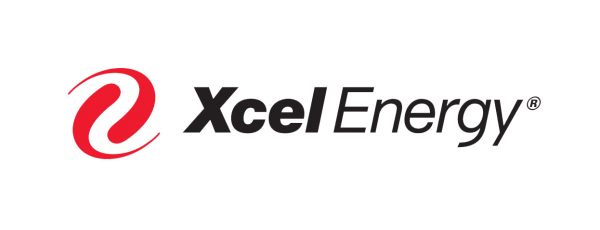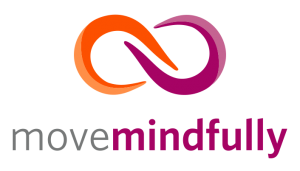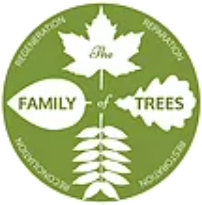We focused on buying habits and food. Here are the main points and provided links for your convenience.
- Watch out for Greenwashing: products that look eco-friendly but aren’t
- Look for these logos on products to validate that they’re eco-friendly

- Buying online: it uses 35 percent less energy and carbon emissions compared to making a purchase at a brick-and-mortar store
- Buy less cheese and meat:
- 1lb of cheese produces 11 lbs or more of CO2
- Globally animal agriculture is responsible for more greenhouse gases than all the world’s transportation systems combined.
- Buy in bulk: local coops sell nuts, grains, soap, shampoo, and laundry detergent and more in bulk. They have containers there or bring your own!
- Buy local: look for foods that are grown near you and are in season (reference the little pamphlet I gave out)
- Imperfect Produce– “ugly” produce subscription to be sent to your house weekly ($11-17 per week for 1-2 people depending on your box subscription)
- TC Food Justice– a local non-profit bringing fresh produce to hunger relief organizations
- Wasted– a documentary about food waste and how to reduce it
- NRDC (National Resource Defense Council), brings scientists, lawyers, and policy advocates together to make global and local changes. Info on food waste link below
- Clean Cult: All Natural, biodegradable, zero waste, green cleaners, carbon neutral cleaning products
- Sweatshirt made from recycled coffee beans and plastic bottles. **Keep in mind that kick starters may take longer to receive items than originally quoted
We hope this helps you live a more sustainable life! For more resources on going green read our Green Living Articles and Green Tips.








